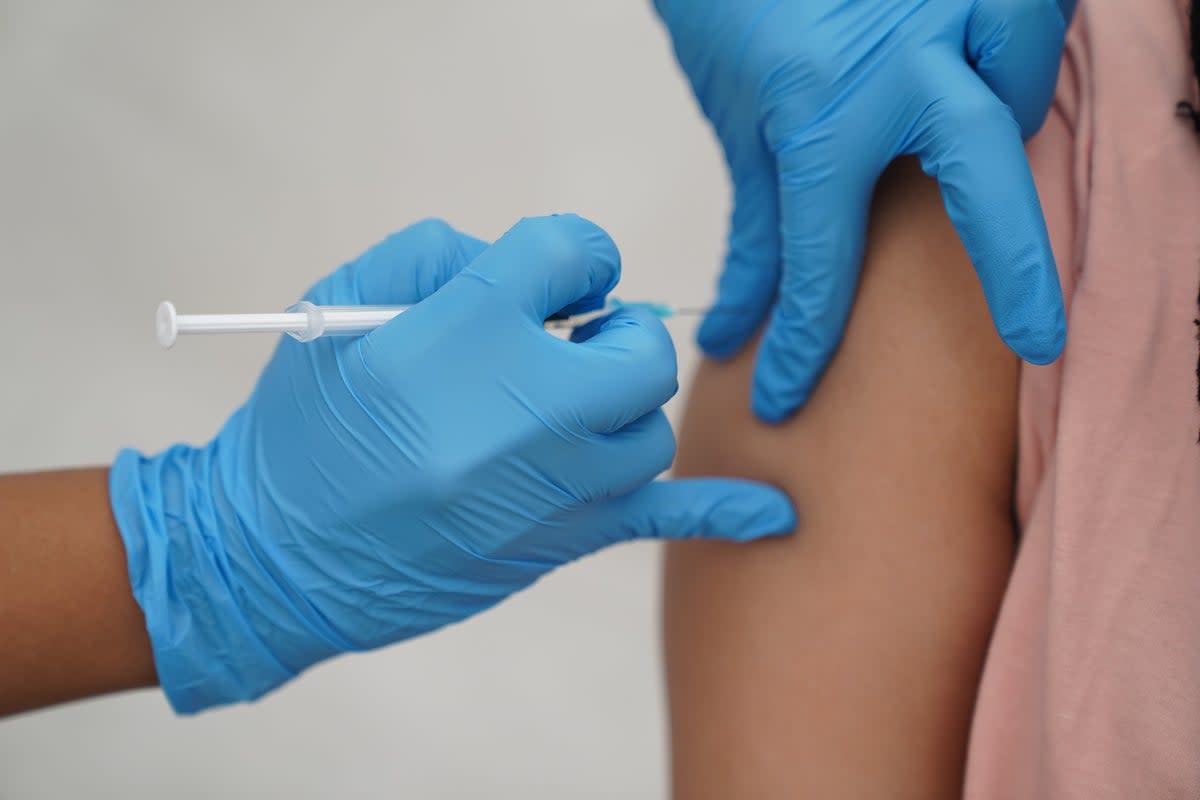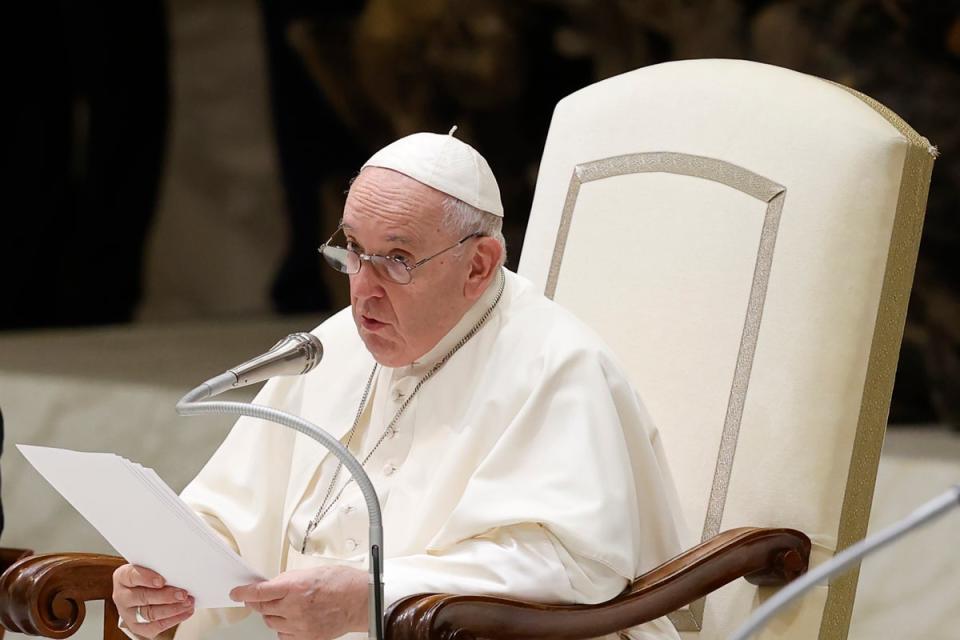Sacked care home worker’s vaccine beliefs were religious, employment judge rules

A care worker who was dismissed because she refused to have a coronavirus vaccine can argue that her reasons were religious, an employment judge has ruled.
Patrycja Wierowska worked as a carer for HC-One care homes until she was fired on April 28, 2021.
Ms Wierowska, a lifelong Roman Catholic, claimed that one of the reasons for her dismissal was because she refused to have a Covid vaccine on religious grounds.
In a preliminary judgment published on Friday, employment judge Eoin Fowell ruled Ms Wierowska could rely on her religion as a protected characteristic at an employment tribunal.
He wrote: “I am satisfied that her views about the vaccine are intimately connected with her religious faith, and there is a sufficiently close and direct nexus between her refusal to take a Covid vaccine and her underlying beliefs.”
The ruling follows a preliminary hearing on the issue held remotely at Exeter Employment Tribunal in July.
This is an issue which has troubled the worldwide Catholic community, so much so that the definitive statement had to be made by the Vatican on behalf of the Pope in an effort to resolve matters
Eoin Fowell, employment judge
That hearing was told Ms Wierowska believes having the vaccine would go against her faith because it involves the use of “foetal blood”.
The claimant said this is based on the dicta of Roman Catholicism that blood and life are both God given and sacrosanct, so it is contrary to the tenets of her faith to alter the blood by taking a manmade vaccine or to use foetuses in the creation of a Covid vaccine.
It comes after a debate erupted in the global Catholic community over the vaccines that used cell lines that originated with tissues from abortions carried out decades ago.
In December 2020, the Vatican told Roman Catholics it was morally acceptable to use Covid-19 vaccines even if their production employed cell lines drawn from tissues of aborted foetuses.
Giving evidence at the July hearing, Ms Wierowska said she accepted the Vatican’s position but that she also had “free will”.
She also accepted the moral case for preventing the spread of infections in order to protect care home residents, but said she was doing everything else to prevent transmission.
Ms Wierowska went on to accept that she did not wear a facemask when she attended the Freedom March in London on March 20, 2021, however.
The hearing was told Ms Wierowska also feared Covid vaccines might interfere with DNA in the nucleus of cells and they are experimental with unknown long-term repercussions.

Stuart Irving, representing HC-One Oval Limited, argued the claimant’s view of vaccines was not a religious belief so much as a philosophical point of view and that she was simply unconvinced by the current scientific evidence.
But Dr Anna Loutfi, of counsel representing Ms Wierowska, argued her views were deeply embedded in her religious perspective and world view.
She added her views do not need to be the mainstream or orthodox view of the Catholic Church and that a religious belief may be protected even where it is not mandated by the religion.
In his ruling, Mr Fowell rejected suggestions that the claimant’s concerns were essentially health-based.
He wrote: “This is an issue which has troubled the worldwide Catholic community, so much so that the definitive statement had to be made by the Vatican on behalf of the Pope in an effort to resolve matters.
“Even that declaration did not go so far as to criticise any Catholic for refusing to take the vaccine on moral grounds, and it is implicit in the statement made that this remained an issue of personal conscience.
“Those moral concerns are closely linked to the longstanding Catholic position on abortion and to the resulting opposition to the use of stem cells or foetal material in medical experiments of any sort.”

 Yahoo News
Yahoo News 
